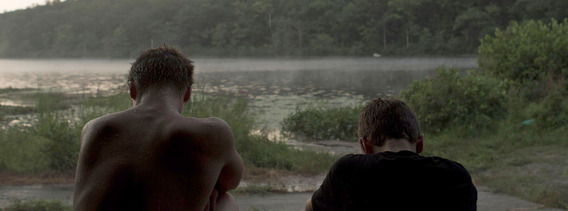 Nine-year-old Tommy and his 14-year-old brother Eric are two typical adolescent brothers living in rural America. It's summer, so the brothers spend most of their time playing in the woods and rough-housing with other boys from the neighborhood. When a tragedy takes the life of Ian, one of Tommy's close friends, Eric and Tommy are forced to see their own mortality, questioning their place in the world around them. Daniel Patrick Carbone's Hide Your Smiling Faces is not your typical coming of age story, being a much more meditative and unique portrait of adolescence. This is a film shrouded in atmosphere, using the rural setting to craft this meditative study on mortality. The film is slowly-paced, but I'd argue this is merely part of the plan, capturing the stifling stillness of life in a small rural town. Hide Your Smiling Faces never breaks its point-of-view, offering up two conflicted young boys who attempt to decipher complex and tragic circumstances. Both central performances in the film are impressive, especially considering they are child actors, but Nathan Varnson's portrayal of older brother Eric, is what really stands out. Nathan Vamson delivers a dynamic and troubled performance that emphatically displays a young man whose grief leads to anger. While the slow-pacing of Hide Your Smiling Faces is sure to alienate some viewers, this is a very impressive debut feature which explores the soul of youth.
0 Comments
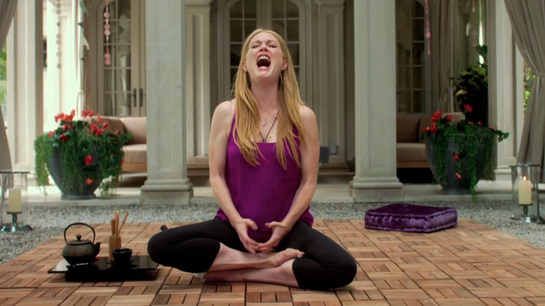 David Cronenberg's Maps To The Stars is a fast-paced, highly enjoyable story of a Hollywood family on the verge of destruction. Stafford is the father, a famous self-help guru, whose success has skyrocked him to A-list clientele. His wife, Cristina, manages their 13-year old son Benjie's career, who has just gotten out of rehab at the tender age of 13. When Agatha, their long forgotten daughter, arrives in Los Angeles, this successful Hollywood family begins to implode. Cronenberg's Map to The Stars is a film of great ambition, that dissects the self destructive nature of vanity and celebrity. It's a highly enjoyable subversive experience, but unfortunately the film has nothing all that new to say. Cronenberg's metaphysical approach to understanding this group of characters is fascinating but I'd argue the film never quite reaches its ambition. This is a film that is almost too playful and absurd for its own good, with an un-even tone that pushes its intended social commentary too close to absurdity. Map to the Stars has a large ensemble cast full of great performances but Julianne Moore's performance as Havana, a washed up actress, really steals the film. Moore embodies this character, capturing the vapid viewpoint of a woman who has lived a lavish, pampered lifestyle, unable to feel accomplished without the Hollywood spotlight. A Map To The Stars is a highly enjoyable commentary on the vapid nature of Hollywood, but unfortunately it doesn't have many interesting ideas that haven't already been explored. 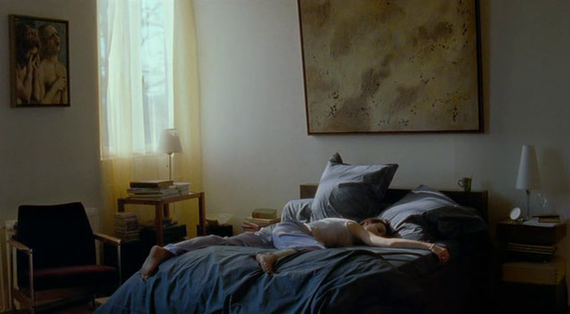 Esther, a self-conscious business woman, works for a large public relations firm in Paris, France. Living with her boyfriend, Vincent, Esther's life seems to be on the upswing, with a large promotion and the opportunity to manage a large jewelery account for her firm. One night at a party, Esther wanders into the backyard of the house where she accidently cuts her leg on a piece of metal. Esther goes back into the party like nothing happened, only discovering the injury was much more severe than she originally thought. Esther goes to the doctor, who recommends a skin graft, but Esther refuses. Becoming obesses with her wound, Esher never lets it heal, constantly sneaking away to cut herself and pick at the wound. Marina de Van's In My Skin is a disturbing, psychological portrait of a woman's fractured psyche. In My Skin is a rough film to watch, relentless in its examination of the alienation and isolation that tkaes place in a self-destructive individual. From a technical standpoint, In My Skin is a well-crafted film that effectively and unflinchingly transports the viewer into Esther's warped mind. The biggest problem I have with In My Skin is it feels more interested in exploiting a tragic disorder for the sake of shock value than ever trying to actually understand what makes Esther tick. We see the effect her disorder has on her, the growing paranoia and strange behavior, but the viewer is given very little in terms of the how/why this woman became the way she did. With In My Skin, Marina de Van has created one of the most unflinching portraits of psychosis i've ever seen, but unfortuntely the film doesnt do enough from a character perspective to make it anything but a unique serving of subversive cinema. 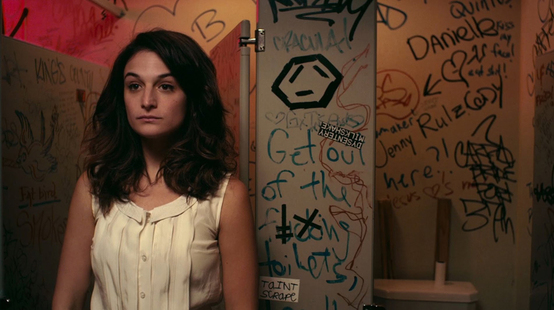 Aspiring comedian Donna Stern has always been comfortable in her own skin, often relying on her life experiences to provide her with ample material. Very unapologetic on stage, Donna begins to find her life spiraling out of control when her boyfriend dumps her, she loses her job, and she finds herself pregnant after an il-advised drunken hook-up with a complete stranger. Navigating the challenges of adulthood, Donna begins to realize that with the support and love of her family and friends she is not alone, leading Donna to finally feel as comfortable with her personal life as she is with her comedy. Featuring a star-making performance by Jenny Slate, Gillian Robespierre's Obvious Child is a very funny comedy that presents a genuinely honest portrait of twenty-something uncertainly. Full of poignant moments of honesty, this is a film that isn't timid about capturing the many fears and insecurities many individuals feel in the years between college and middle age. Given the film's subject matter, Obvious Child deserves a lot of credit for its courage to never judge its characters, simply presenting a heartfelt portrait of personal growth. A big reason why Obvious Child works so well is the relationship shared between Donna and Max. Donna and Max couldn't be any more different, with Donna being the blunt and outspoken type, while Max is polite and introverted. They are so different, yet the film shows how they have chemistry, never judging each of them on a superficial level. With Obvious Child, Jenny Slate gives an off-beat but sensitive performance, proving once again that she is a talent that should have a long career in Hollywood. 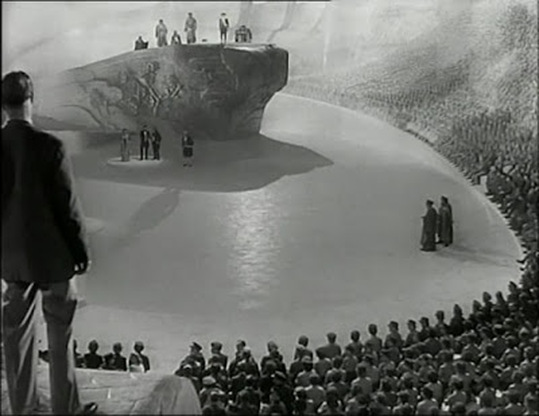 Returning from another successful bombing run during World War II, pilot Peter Carter's plane suffers critical damage which leaves his parachute in shambles. With his copilot already killed, Peter begins to accept that this is the end of the road. Hoping on the radio, Peter talks with June, a young American woman, with the two of them finding some type of solace in each other. The plane crashes but Peter wakes up in the ocean, alive and well. This turns out to be due to a supernatural mistake, with a mixup in Heaven accidentally giving Peter a second life on Earth. When Heaven's 'Conductor" arrives on Earth to find Peter and correct the mistake it is already too late, Peter has met June and fallen in love. With the mistake being no fault of his own, Peter convinces Heaven to give him a chance, granting a trial to argue his case for a second chance on earth. Powell & Pressburger's A Matter of Life and Death is an exceptional piece of filmmaking, possibly the most important Fantasy film ever made, which is one of those few films that can be equally enjoyed by both classic and contemporary film fans. With A Matter of Life and Death, Powell and Pressburger have created a film of pure ingenuity that practically lives off its own creativity. The art direction, cinematography, and direction are all top-notch, bringing this supernatural love story to life in a constantly unique and inventive ways. While the film is a love story at its core, not much time is actually spent between June and Peter, with Powell and Pressburger seemingly more interested in dissecting the grander ideas around love, self-sacrifice, and free-will as opposed to exploring their main protagonist's personal intimacy. Powell & Pressburger's A Matter of Life and Death is a vibrant, enchanting film that lives off of its sheer creativeness, being a truly unforgettable fantasy story.  Jack Plotnick's Space Station 76 is a 70s themed science fiction spoof about a group of deeply-damaged individuals that also happens to be one of the funniest films of the year. Jessica is a co-pilot who has been assigned to Space Station 76 after their old co-pilot left under vague circumstances. Jessice is a lonely woman under her friendly exterior but as she meets other crew memebers on the space station she begins to realize she isn't the only one with serious issues. Space Station 76 works so well as a comedy because it never completely relies on genre tropes, instead focusing on its characters. Nearly every single character in Space Station 76 is well-developed from a comedy perspective, each bringing something different to the dynamic of the film. From the stern captain with a big secret, to the neurotic housewife, Space Station 76 throws a lot of great characters out there and simply observes the fireworks as they interact with one and other. While the film certainly plays with genre conventions, the script itself doesn't overdue it, delivering a sharp, original, and witty story that would have worked in any genre. All the actors do a great job but Patrick Wilson's performance as the in-the-closet Captain of the ship is the true standout, capturing a hysterically tortured individual who is clueless and agnostic to everything around him. Space Station 76 works surprisingly well as a drama but it never forgets what it is, a high-concept comedy about of group of personalities 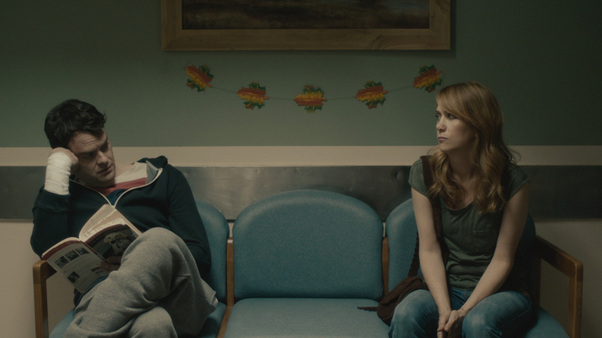 Estranged siblings, Maggie and Milo, haven't exactly been close for years. With each struggling to find meaning in their lives, the two find themselves reunited after a near tragedy. Attempting to reconnect, Maggie and Milo find themselves somewhat reinvigorated, realizing that the key to fixing their own lives may lie in their ability to find solace in each other. Craig Johnson's The Skeleton Twins effectively captures the self-doubt and uncertainly that so commonly leads to someone's unhappiness. This is a film that deals with weighty issues of suicide and depression in a truly impressive way, balancing the drama and comedy elements to a point that makes the film feel more organic. With undeniably chemistry between the two of them, Bill Hader and Kristen Wig both deliver mpressive performances in The Skeleton Twins, capturing both the comedy and tragedy that so commonly makes up life. Milo and Maggie are two individuals lost in a sea of depression, but as they rekindle their relationship the begin to realize the importance of having love and support. The Skeleton Twins is a surprisingly intelligent film that never over-indulges for the sake of melodrama, offering an honest, and impressive portrait of the importance of friendship and family. 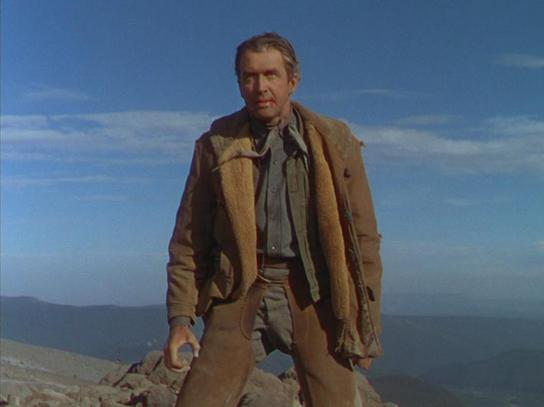 Glyn McLyntock is a former outlaw, who now works as a trail guide for a group of farmers headed to Oregon with the intent on starting a new life. As they travel across country they run into a hostile group of Native Americans, but thanks to Glyn and Arthur Kennedy, a not-so-reformed thief Glyn meets along the way, the farmers make it safely to Portland. On their arrival, Glyn makes an agreement with a shady trader Howard Petrie, who promises to ship goods and supplies to their settlement up River. They never receive the supplies from Mr. Petrie, leading Glyn McLyntock with no other choice but to reclaim his supplies by force. On their return to the settlement McLyntock discovers that Arthur Kennedy has changed sides, hired by Howard Petrie to retrieve the supplies. Now stuck between a rock and a hard place, McLyntock must turn the tables on his former friend and save the settlers from the greed of Mr. Petrie and company. Anthony Mann's Bend of the River is a phenomenal Western about a troubled main protagonist who is simply attempting to leave his troubled past behind. With Bend of the River, Mann captures a time where alliances were constantly in flux, and moral and social responsibility tended to be as elusive as the gold in the mountain tops. At its core, Bend of the River is a story of Redemption, with McLyntock, a former Missouri border raider, desperately trying to do the right thing in the wild wild west. McLyntock keeps his past close to his chest, fearful that if anyone learned of his past transgressions he would quickly be disregarded as a monstrous person. McLyntock is a skilled gunsman who protects these farmers from the greed around them, viewing this as his one chance of redemption and a chance to be looked at in a positive light. As one would expect, this is a superbly well-shot Western but the film's commentary on Good vs. Evil and the ability for individuals to change is what sets this film apart, being a debate that still rages on to this day. 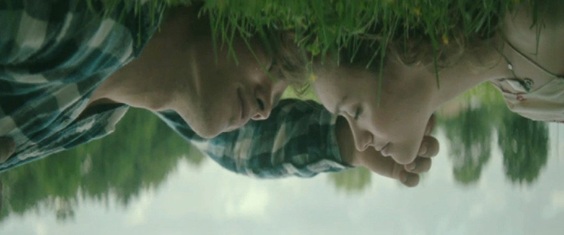 Nic, Hailey, and Jonah are three MIT students on a road trip of the Southwest United States. On their journey, Nic and Jonah grow increasingly agitated by a genius computer hacker, who has already hacked into MIT, responsible for nearly getting Nic and Jonah blamed for the incident. When the same mysterious hacker breaks into Hailey's personal laptop, Nic and Jonah decide to track him down, leading them to an isolated area in the middle of nowhere. Things go dark, with Nic awakening in an underground government facility where he has no recollection of what happened or how he arrived there. William Eubank's The Signal is a skillfully photographed, ambitious science fiction film that doesn't quite achieve everything it sets out too. Draped in mystery and enigma, The Signal isn't interested in spoon-feeding its premise and ideas to the viewer, making it a refreshing, yet sometimes flawed endeavor. The biggest problem with The Signal is its inability to sustain its promising premise, relying on a mediocre script and enigmatic middle that seems more interested in being abstract than actually providing answers. While The Signal can't quite live up to all its intentions, William Eubank is certainly a filmmaker to watch, showing a great understanding of shot composition, scene structure, and editing that helps elevate the film's tension and sense of unease that envelopes the film from start to finish. Eubank's direction is stylish and well-designed, making The Signal a promising first effort even if the screenplay can't live up to the direction. Even with a ho-hum screenplay that at times feels intentionally convoluted, The Signal is a film I cannot help but appreciate, given its unique spin on the alien-abduction sub-genre. 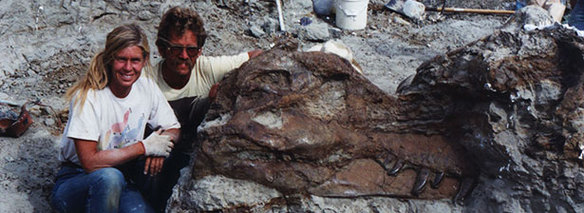 Paleontologist Peter Larson and his team from the Black Hills Institute of Geological Research are always looking for their next big discovery. In 1990, Peter Larson and his team made arguably the greatest dinosaur discovery in history; the largest and most complete Tyrannosaurus Rex ever discovered. The discovery of a lifetime, Peter Larson and his team soon find themselves in a ten-year battle with the U.S. government over the rights to their discovery. Todd Douglas Miller's Dinosaur 13 is more compelling than it has any right to be, delivering a fascinating and intricate look into the 10-year battle over T-Res "Sue". From a technical standpoint, Dinosaur 13 is not the most impressive documentary, being made-up mostly of talking heads and stock footage. What it excels at is capturing the battle of Academia/Research vs. Commercialism that exists in the Paleontology world. The film feels like a thriller at times, showing Pater Larson and the Black Hills Institute being attacked at all angles from powerful museums, competing paleontologists, and the federal government not only over the T-Rex fossil but their freedom and personal rights as well. That begins said, Dinosaur 13 really only looks at one perspective, eager to create a David vs. Goliath story that is compelling but ultimately biased, failing to answer many of the questions it raises. |
AuthorLove of all things cinema brought me here. Archives
June 2023
|
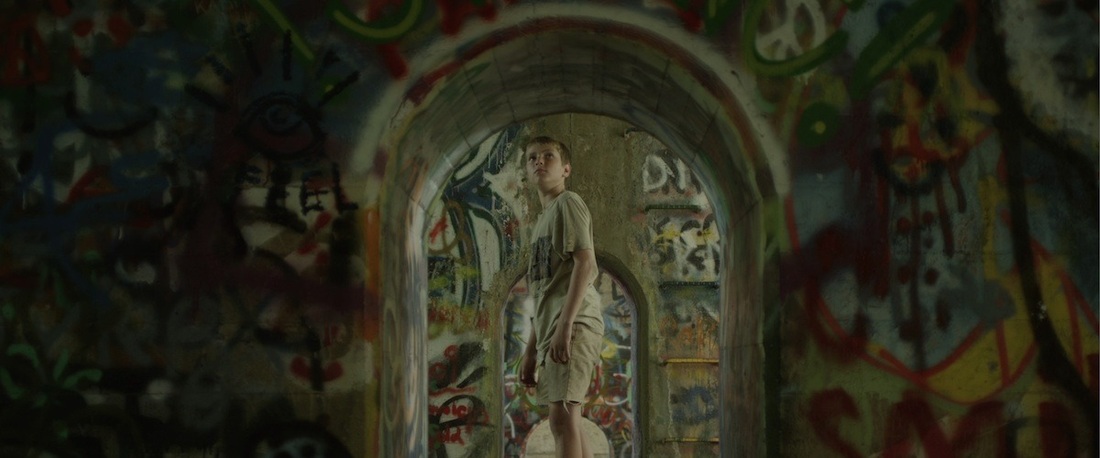
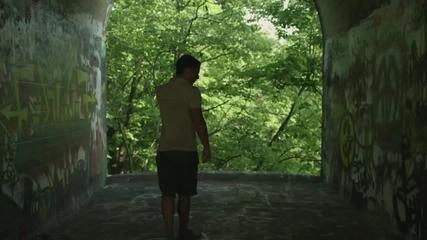
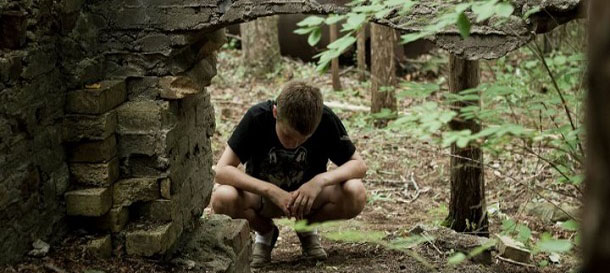
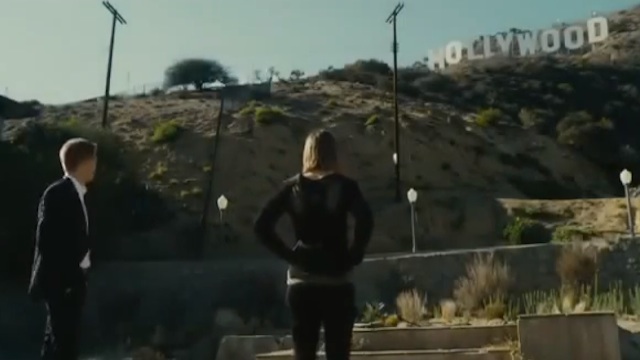
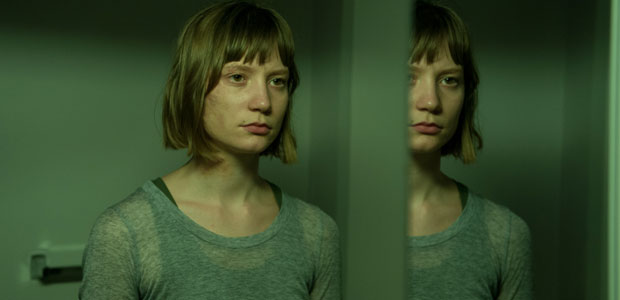
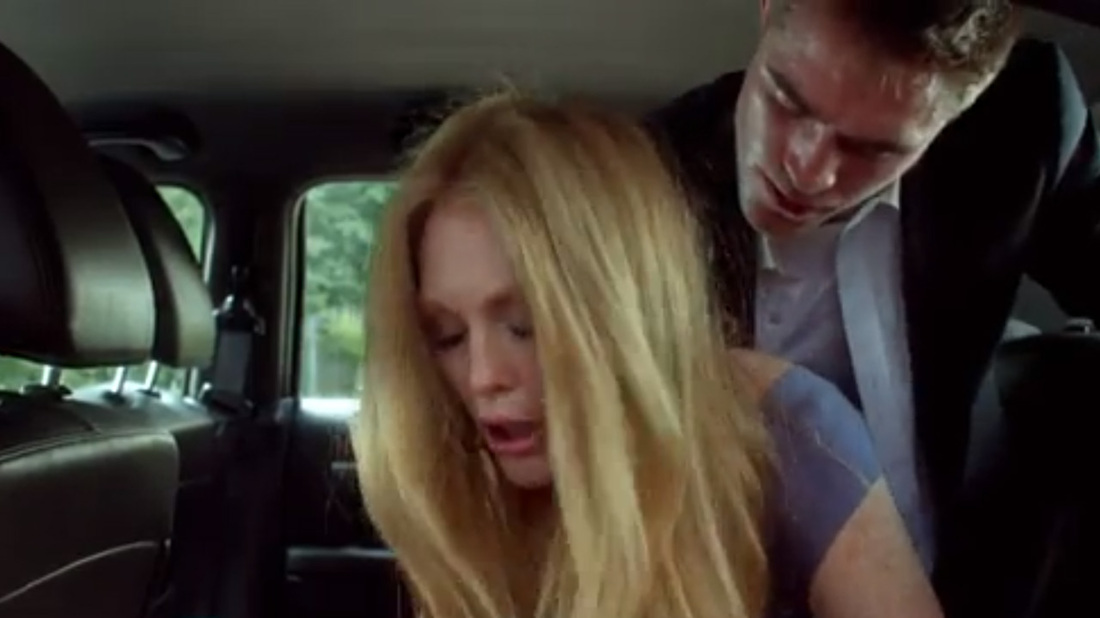
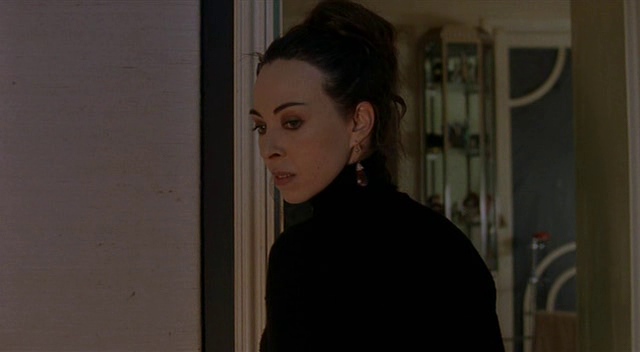
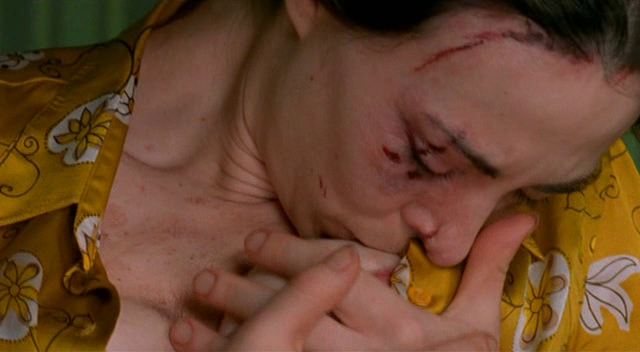
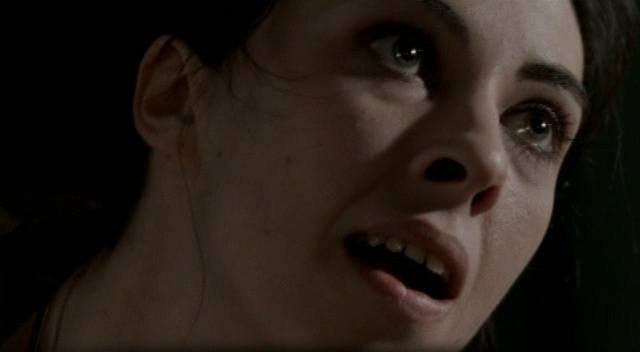
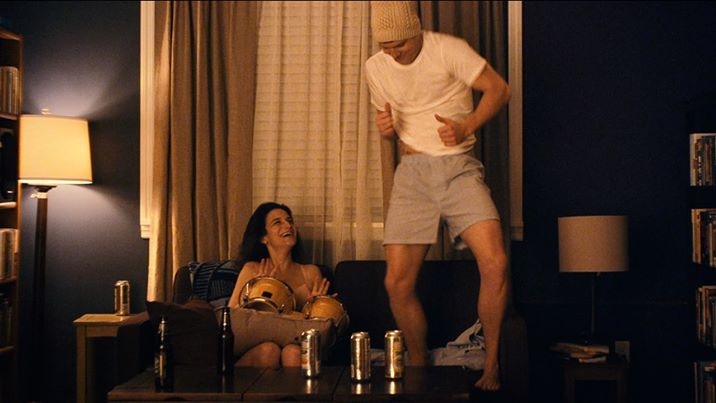
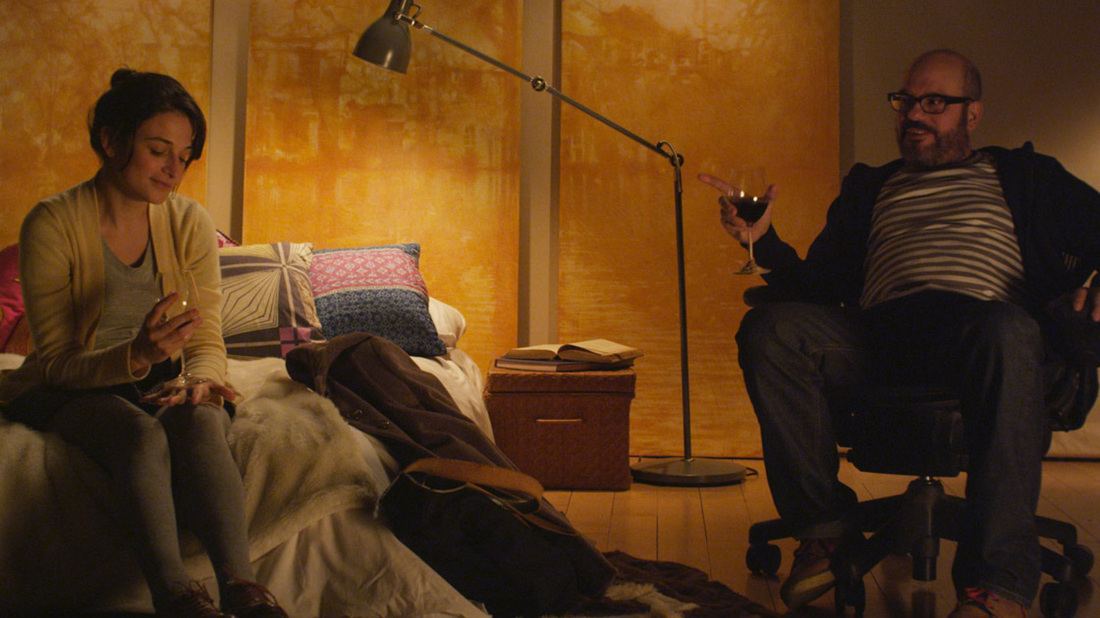
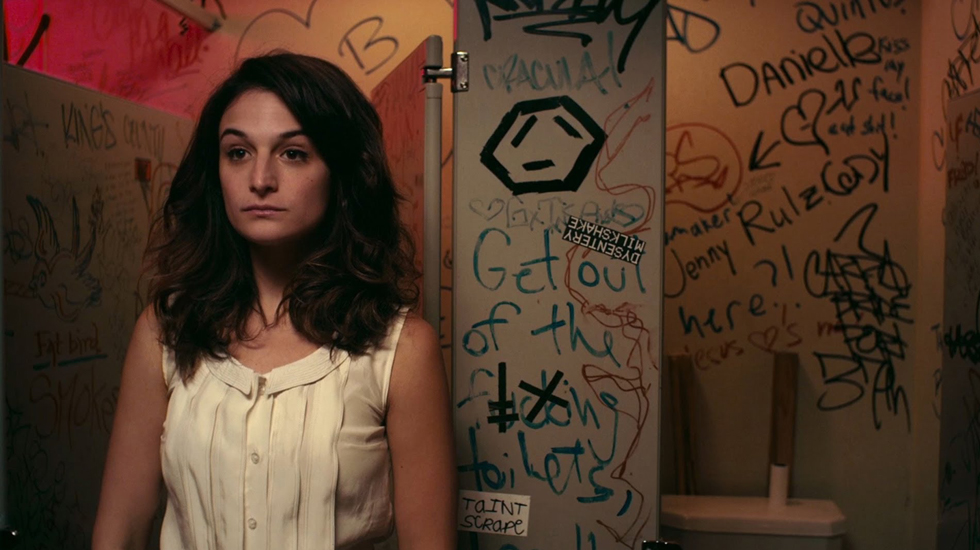
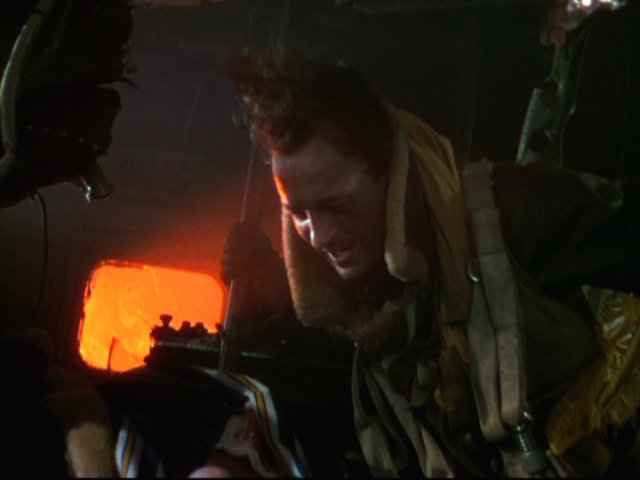
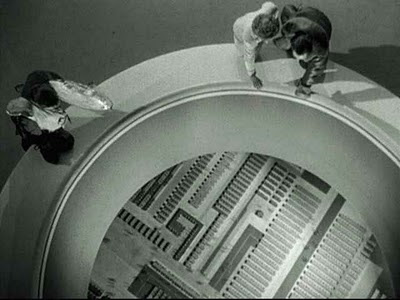
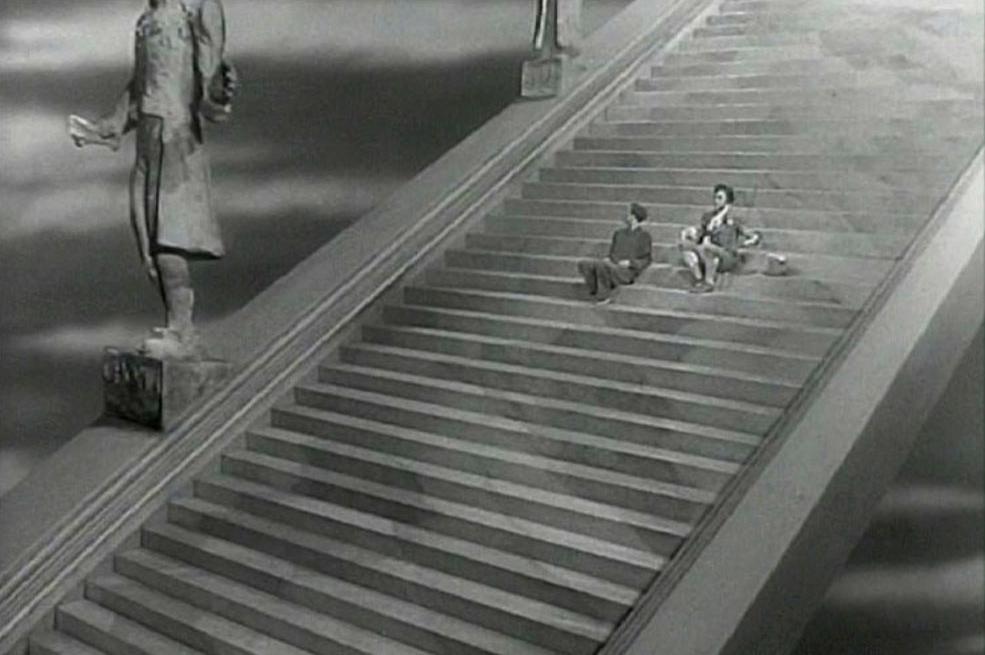

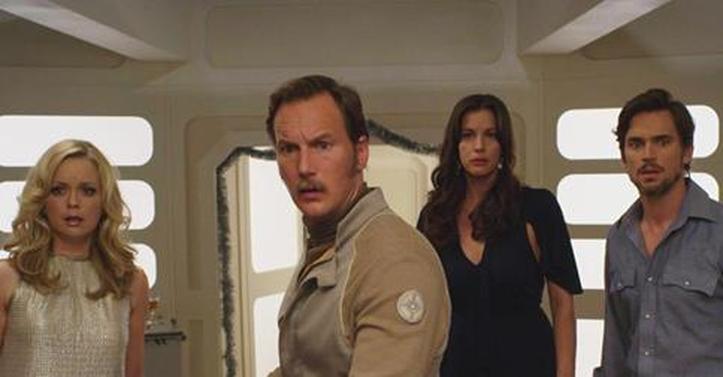
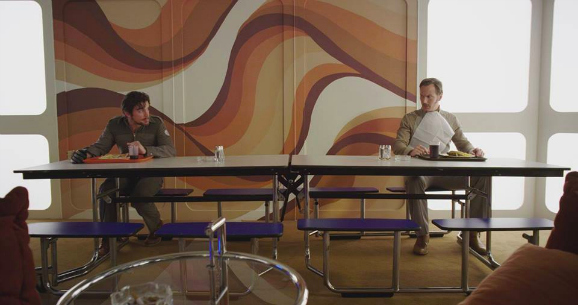
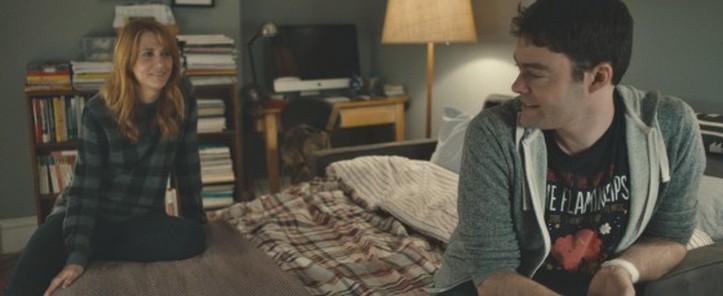
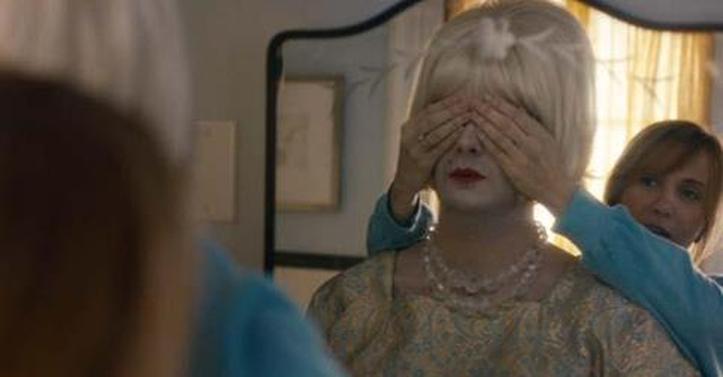
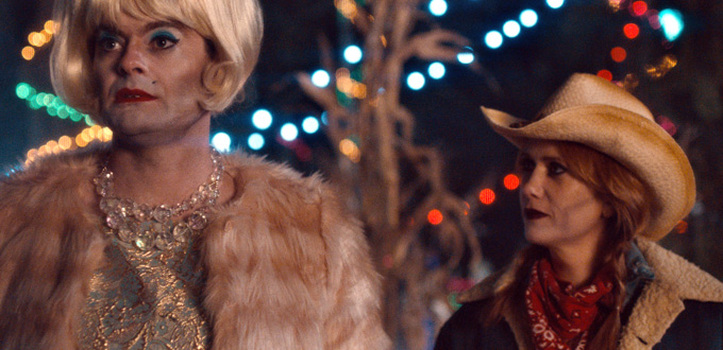
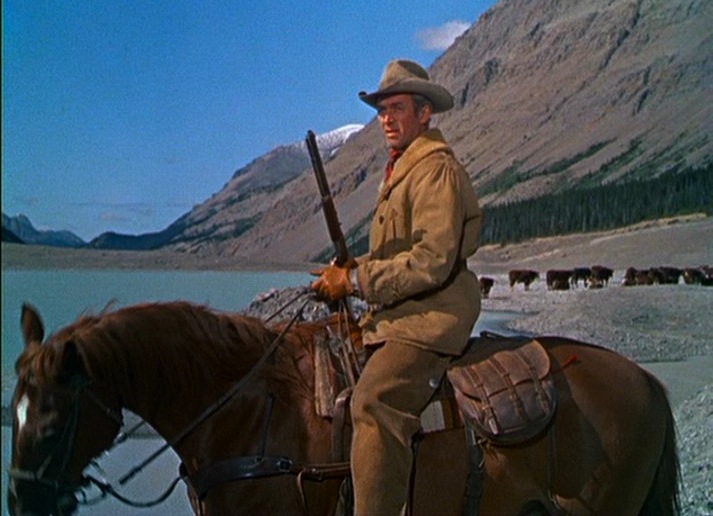
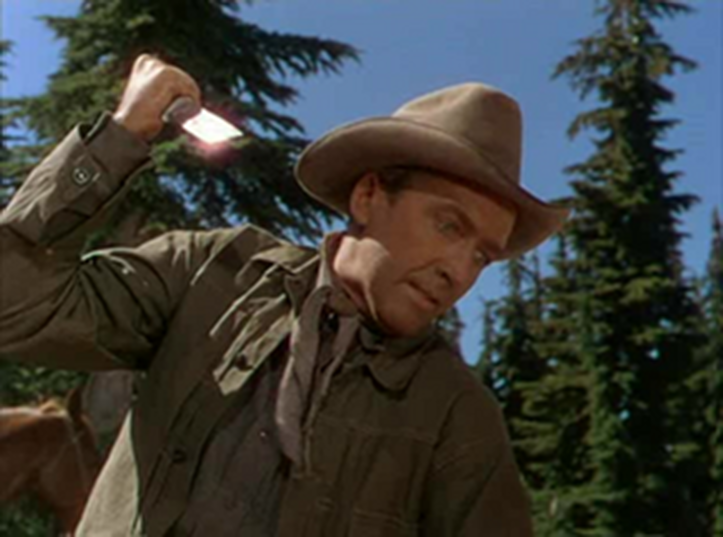
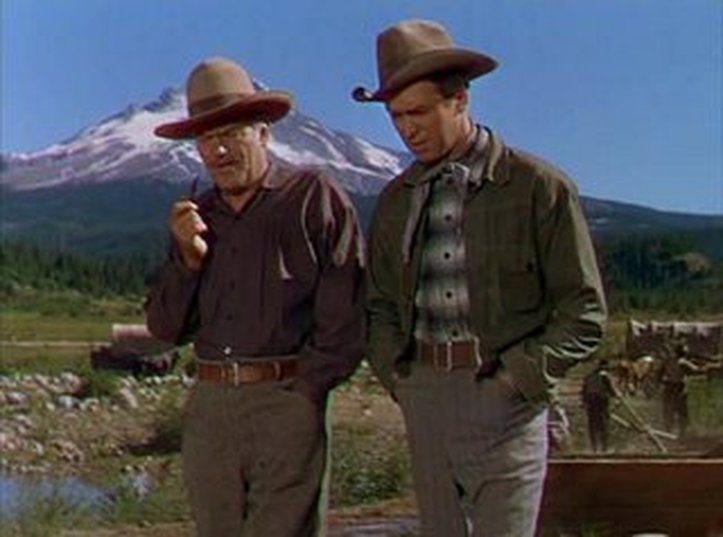
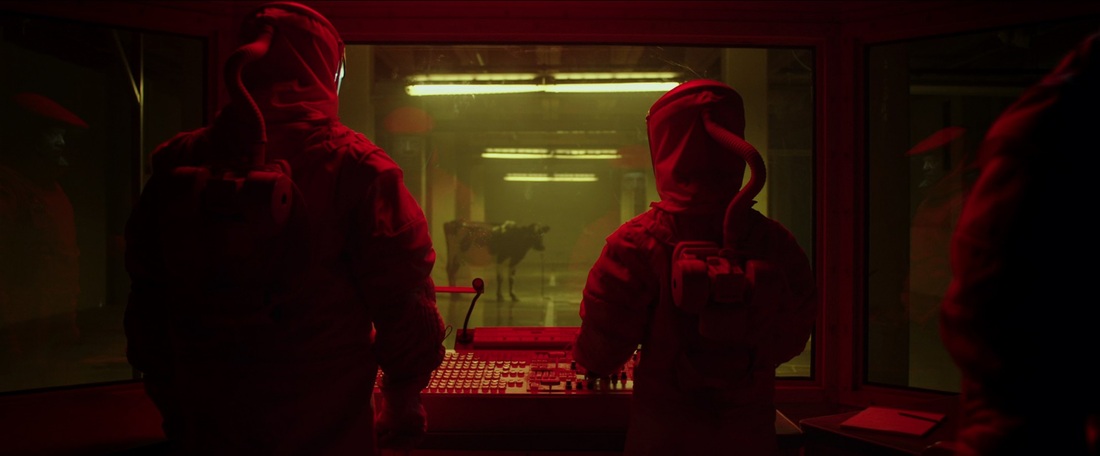

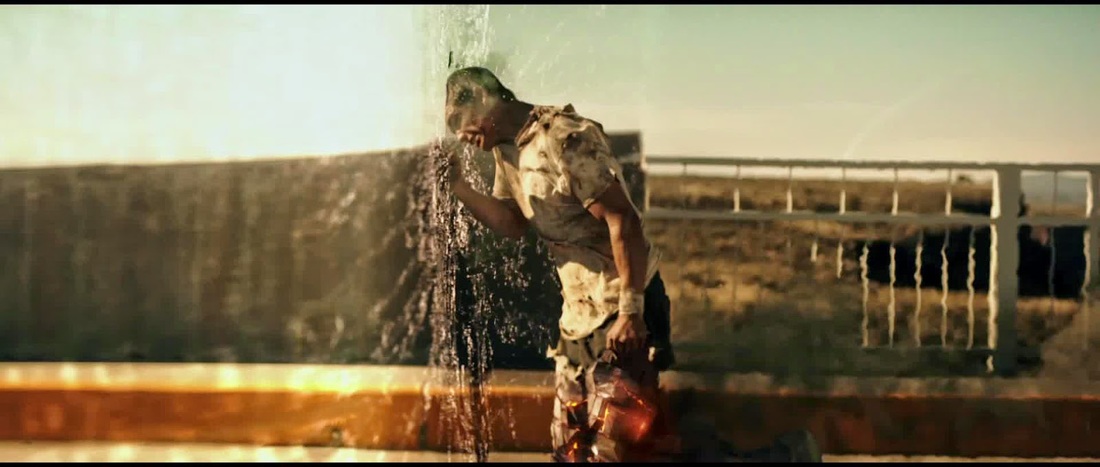


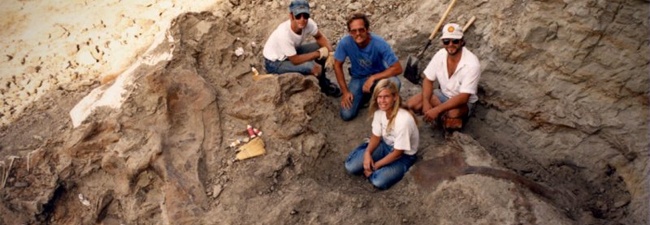
 RSS Feed
RSS Feed
